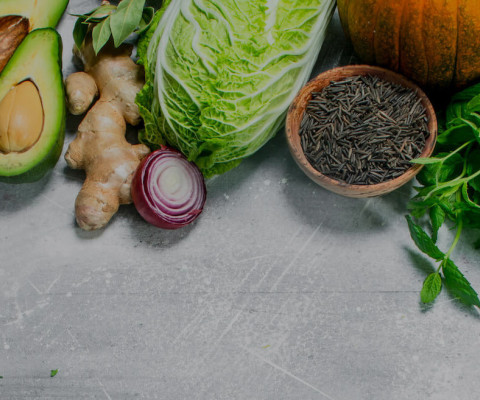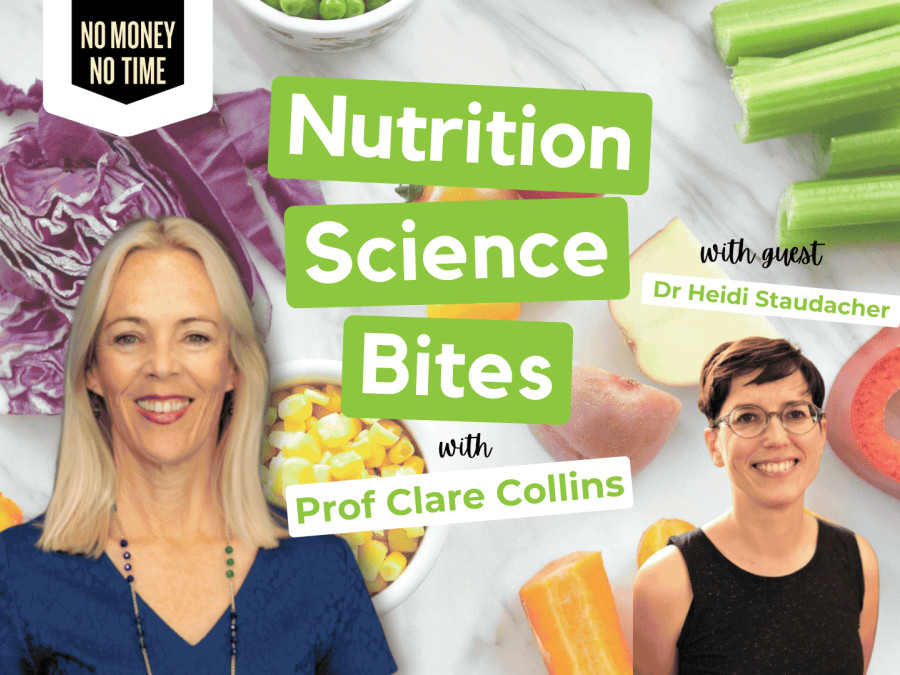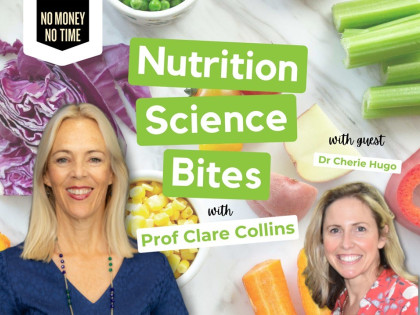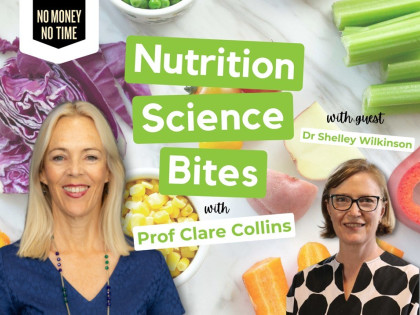In this episode of Nutrition Science Bites Prof Clare Collins discusses the microbiome and its role in digestion and overall health with guest D. Heidi Staudacher. Heidi explains the importance of short-chain fatty acids produced by gut bacteria, dietary fiber and the impact of dietary choices on gut health for microbiome diversity. The conversation also covers the impact of medications, particularly antibiotics, on gut health as well as irritable bowel syndrome (IBS) and its relationship with the microbiome. We discuss the intricacies of the Low FODMAP diet and particularly in individuals with IBS and the three phases of the Low FODMAP diet and its effects on the microbiome. The conversation also explores the Mediterranean diet's potential benefits for mental health and its feasibility for people IBS. Research findings indicate that dietary interventions can lead to improvements in both gut and mental health, emphasizing the need for further studies in this area.
Check out Heidi's favourite Spag Bol recipe HERE at No Money No Time













